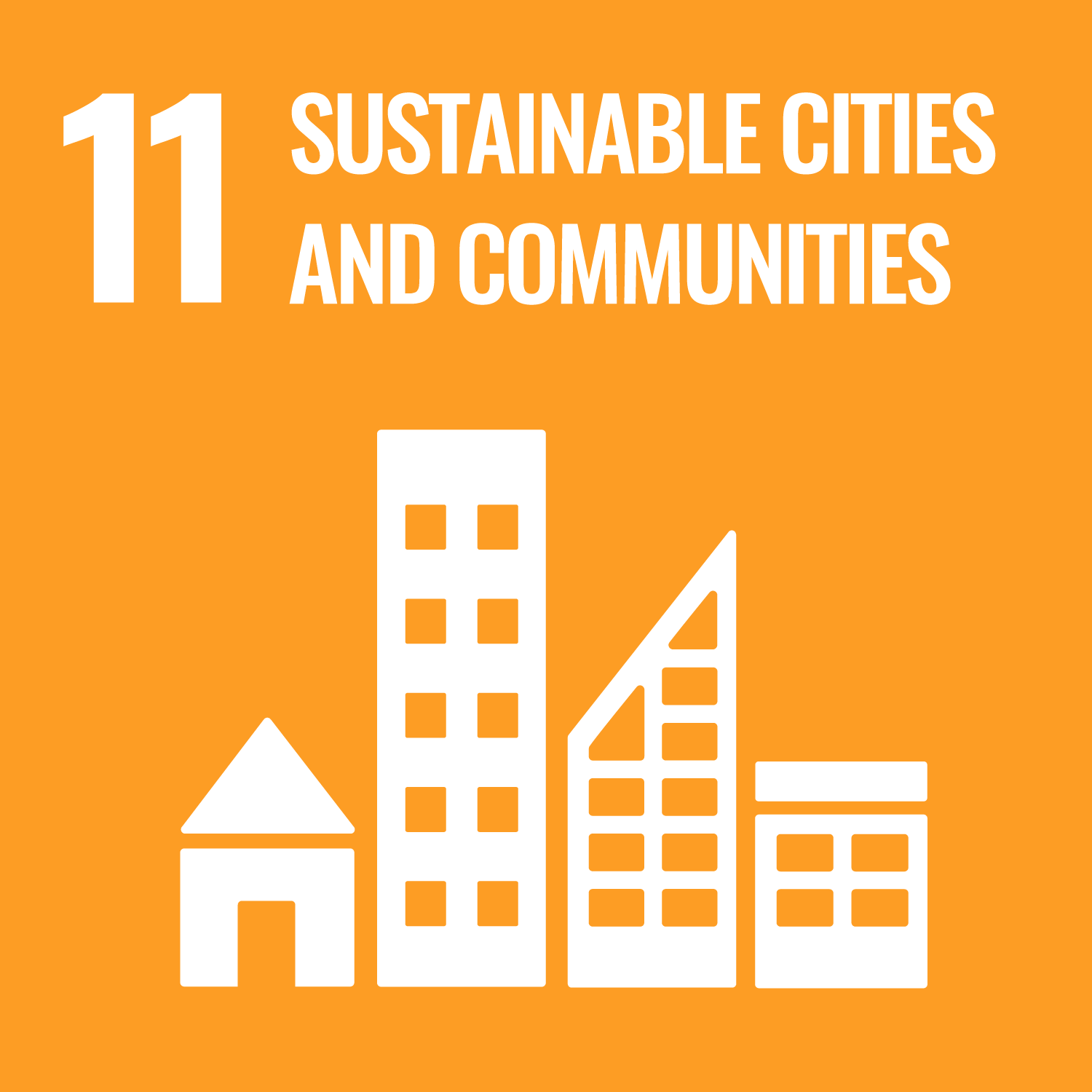ORCID
- K Willis: 0000-0001-9988-1933
Abstract
Much of our thinking around technology and the city is based around polarising paradigms. These tend to move between two different approaches; the technocratic and the social. On one hand the smart city agenda is underpinned by a vision of data-centred optimisation of urban systems, whilst on the other hand there is a focus on open-source, citizen driven approach based around ad-hoc practices and prototyping of counter-culture scenarios. To date, the technocratic paradigm has tended to dominate smart city projects and initiatives, which are often led by ICT companies. Many smart city concepts and projects tend to prioritise data capture that leads to top-down, technocratic governance (Kitchin, 2014), and a number of existing publications in the field focus on the technical and economic dimensions of smart systems (Paskaleva, 2011). This is despite the fact that the social issues and implications have been recognised as critical within the context of urban development (Hollands, 2008; Luque-Ayala & Marvin, 2015). Kitchin (2014) describes how the term ‘smart cities’ encompasses both cities which are ‘increasingly composed of and monitored by pervasive and ubiquitous computing’ and those ‘whose economy and governance is being driven by innovation, creativity and entrepreneurship, enacted by smart people’ (p. 01). This highlights the polarising nature of smart city rhetoric; the former presents a more technocratic and neo-liberal paradigm of ICT driven urban change, whilst the latter focuses on the positive societal impacts of ICTs in urban space. Consequently, Marvin, Luque-Ayala and McFarlane (2015) highlight the need for international comparative research, bringing a ‘critical insight across disciplines and places’ (p. 03).
DOI Link
Publication Date
2017-07-01
Publication Title
PLANEXT
ISSN
2468-0648
Acceptance Date
2016-02-01
Recommended Citation
Melgaco, L., & Willis, K. (2017) 'Rethinking the Social Smart City', PLANEXT, . Available at: 10.24306/plnxt.2017.04.001


